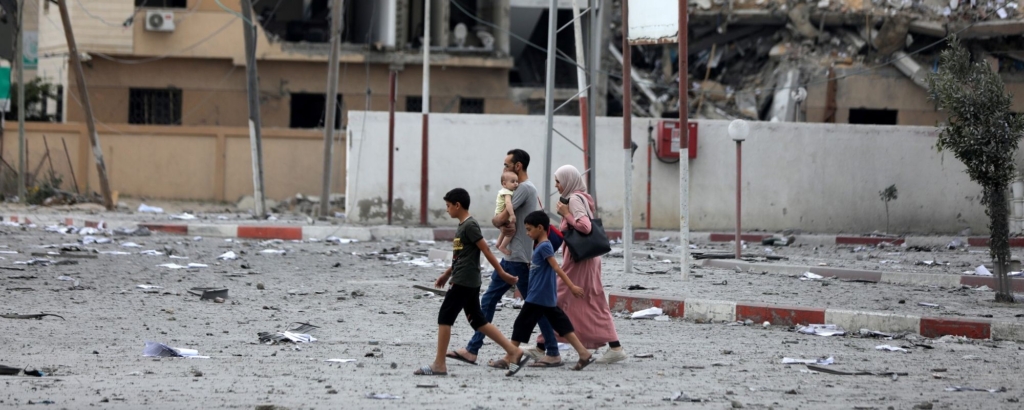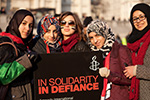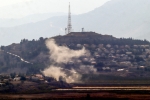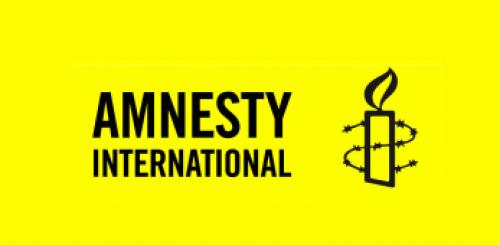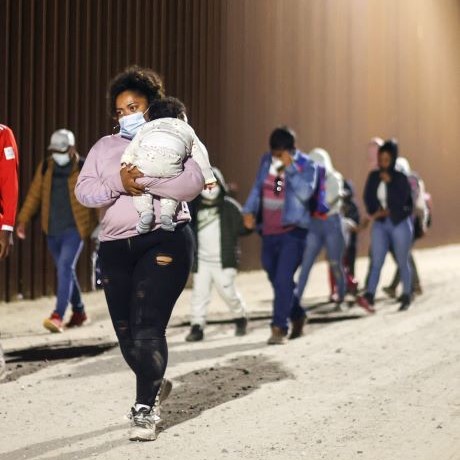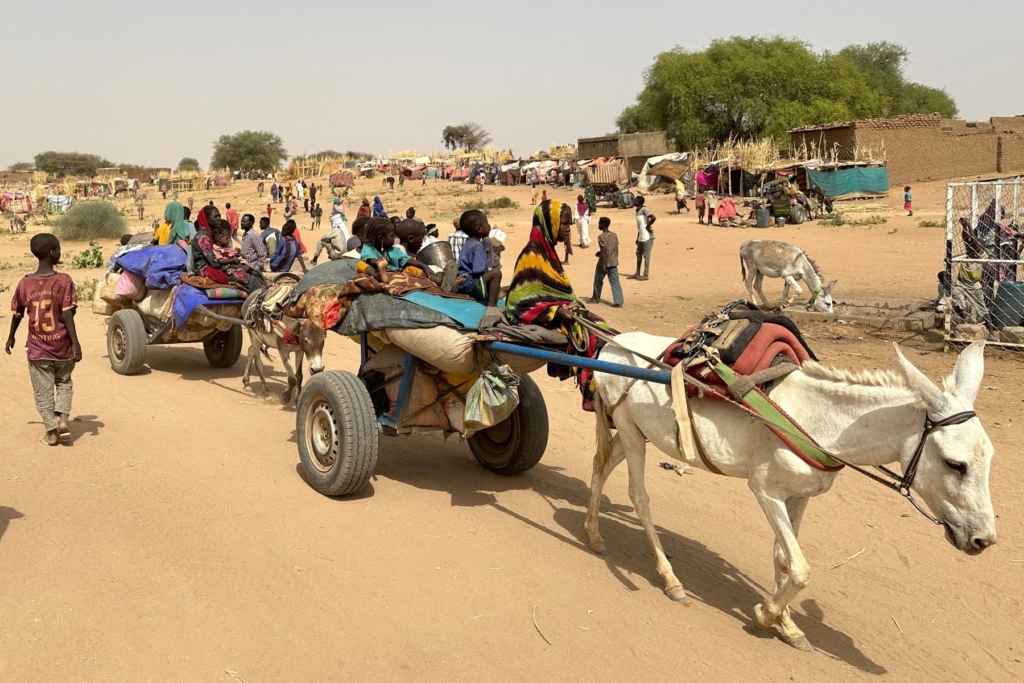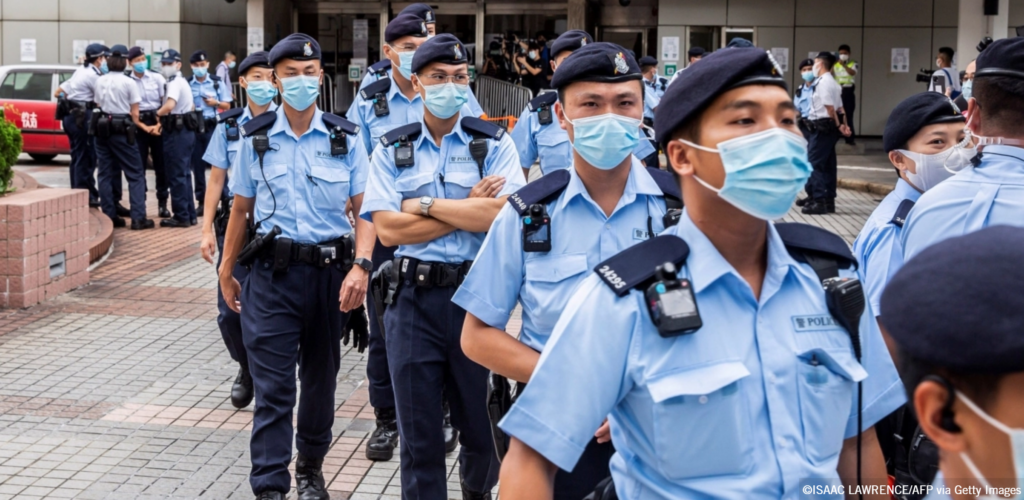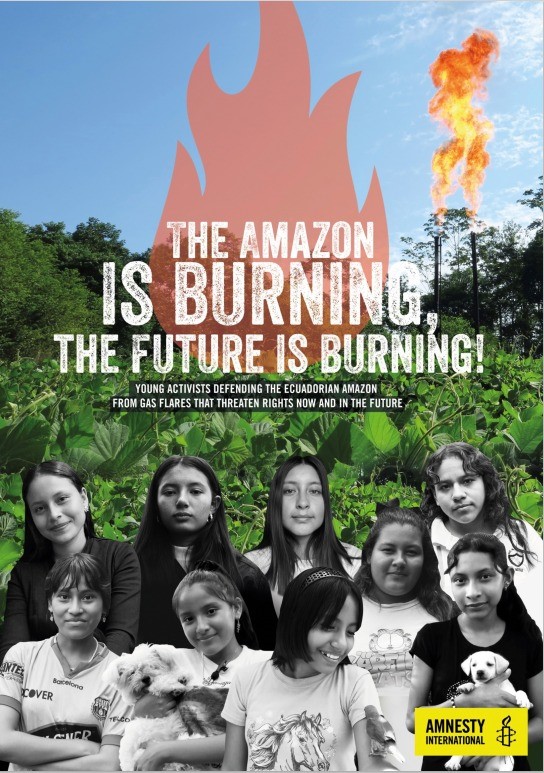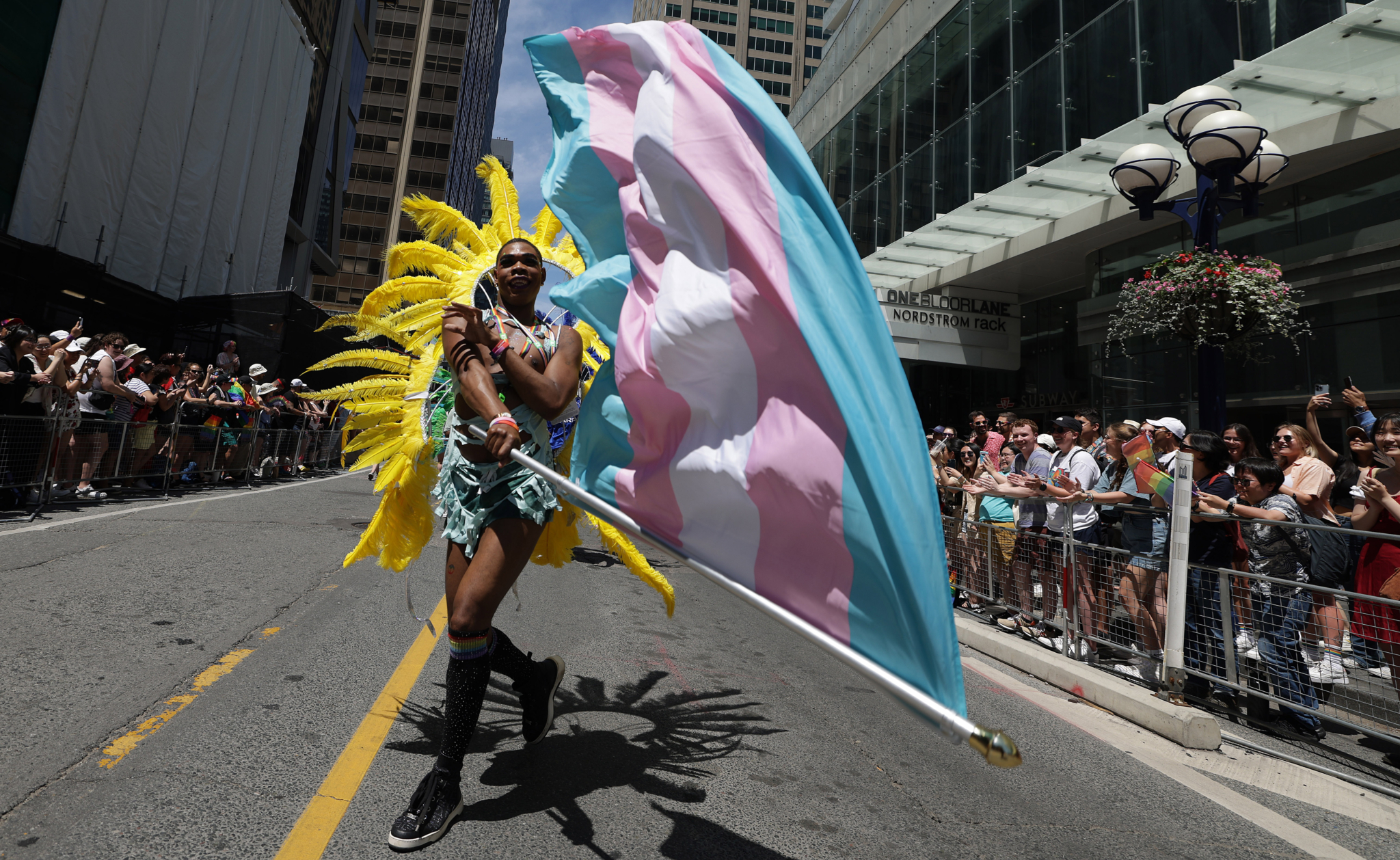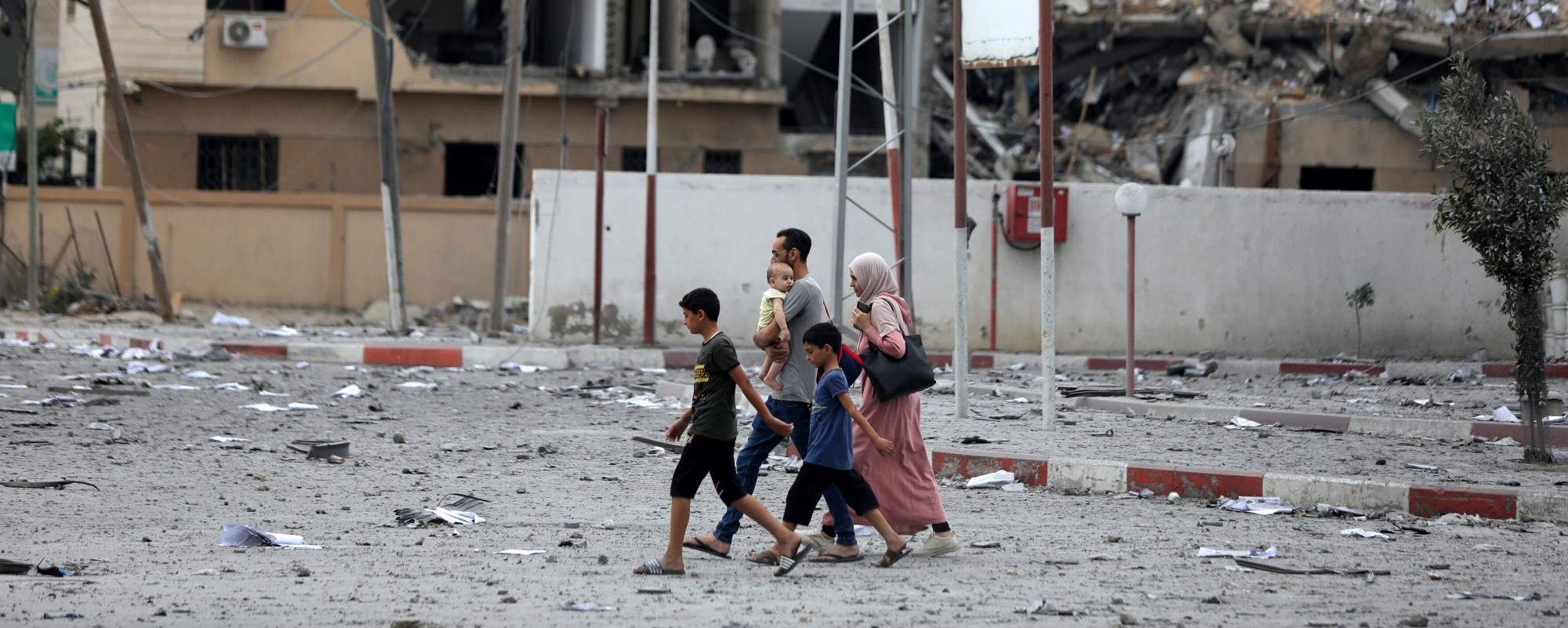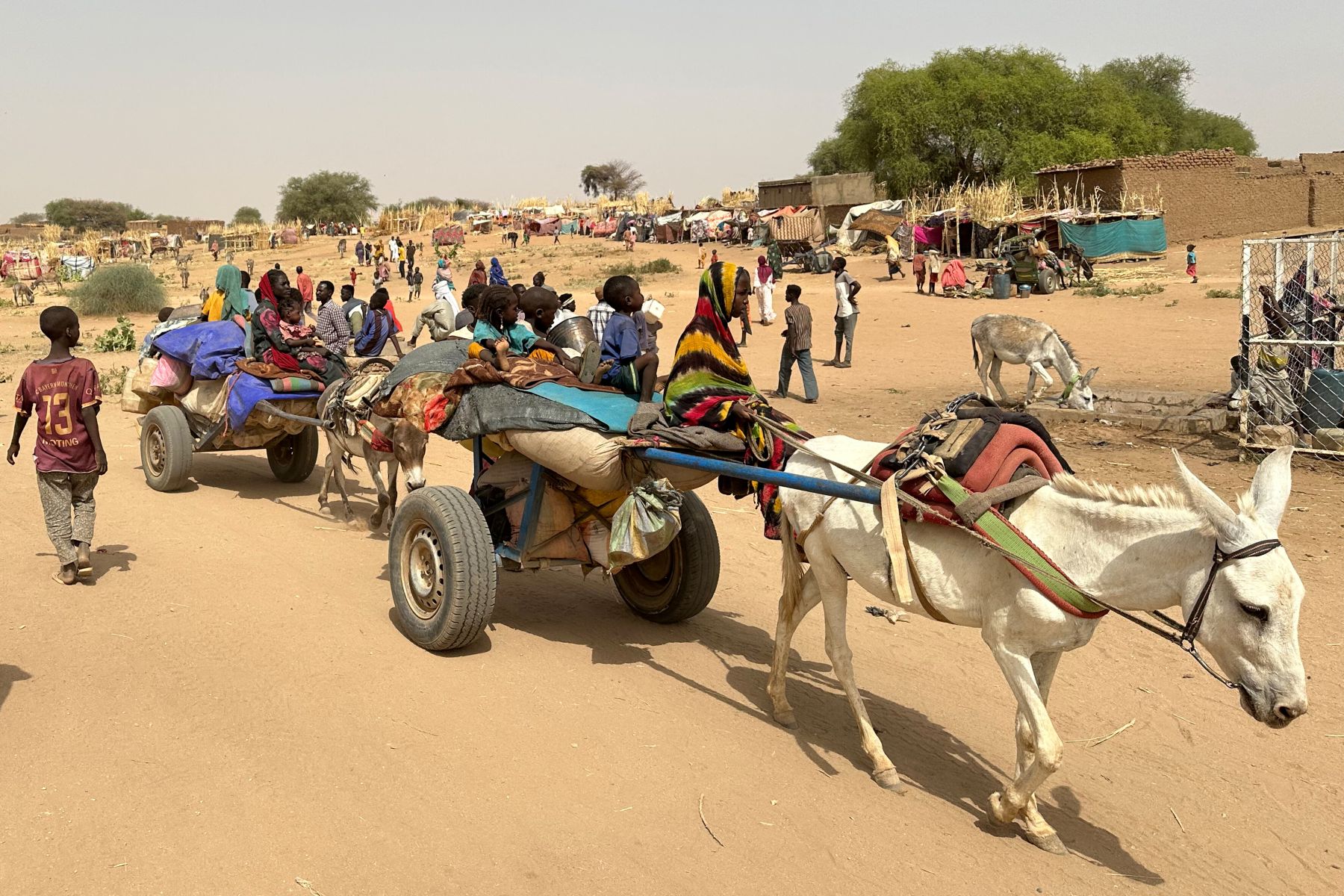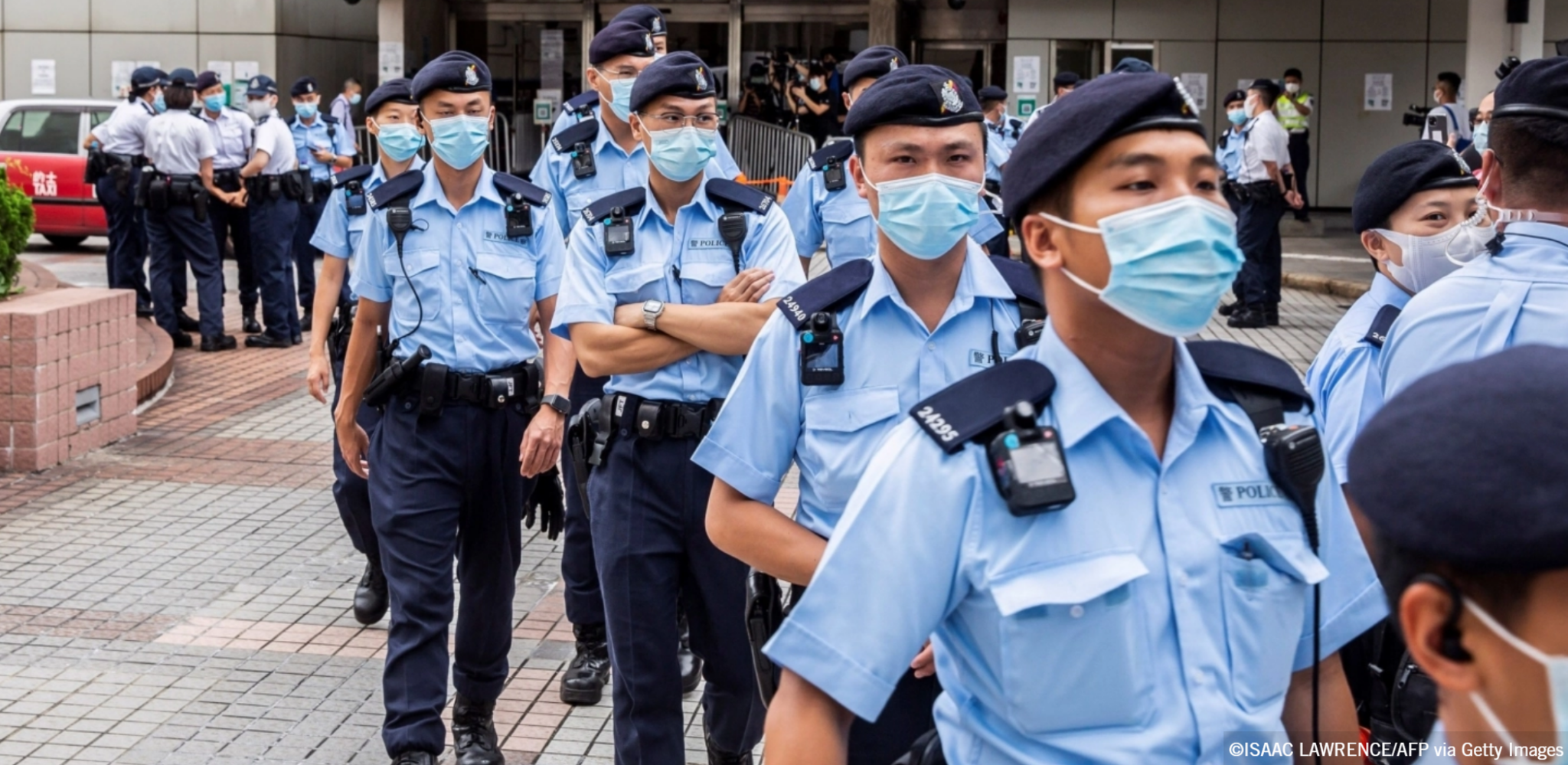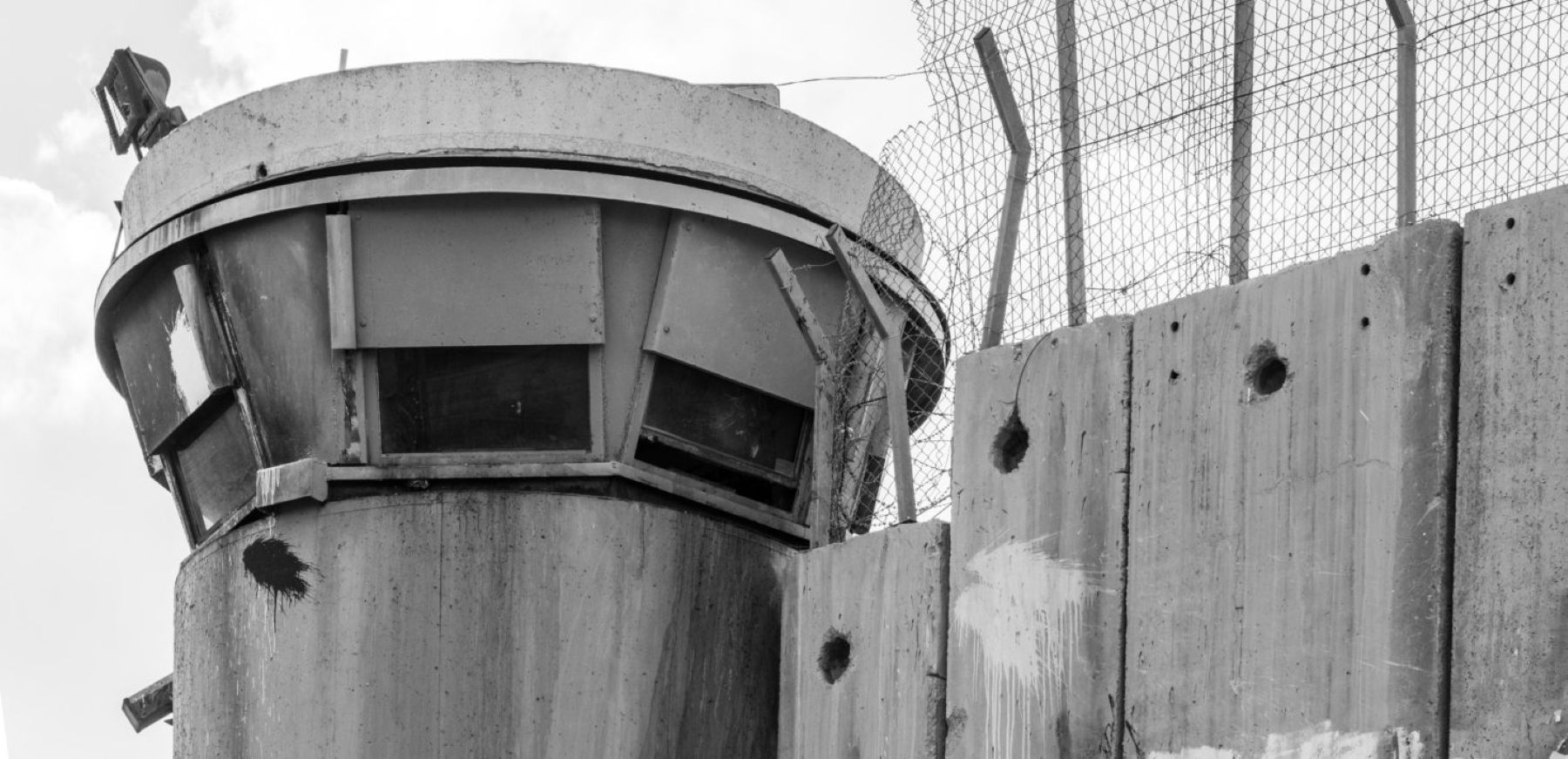The near total denial of human rights in North Korea should not be ignored at next Tuesday’s historic meeting between US President Donald Trump and North Korean leader Chairman Kim Jong-un, Amnesty International said.
Arnold Fang, East Asia Researcher at Amnesty International, commented:
“Millions of people in North Korea continue to be denied their human rights, with up to 120,000 held in prison camps where they are at risk of torture, forced labour and executions. It would be deeply disappointing if the catastrophic human rights situation in North Korea is completely overlooked as diplomatic relations continue to thaw.”
Last month, Amnesty International wrote to President Trump to outline the widespread, gross and systematic human rights violations in North Korea and highlight key areas to press Chairman Kim Jong-un on. These include:
Prison Camps
An estimated 80,000 to 120,000 people continue to be held in North Korea’s political prison camps, where they are at risk of torture, forced-labour and other ill-treatment as well as executions – with some violations amounting to crimes against humanity. Many of those held in prison camps have not been convicted of an internationally recognized crime. They are arbitrarily detained for being related to individuals deemed threatening to the state, or “guilt by association”.
International observers should be given immediate access to all detention facilities and steps should be taken to release all those held for activities that should not be criminalized.
Freedom of expression
North Koreans are notoriously cut-off from the rest of the world. Severe restrictions on access to information and communications persist. Although there are now more than 3 million North Koreans with mobile phone subscriptions, it is essentially a domestic network, with international services blocked. Individuals face surveillance, harassment or even detention if they try to contact family and friends who have left the country.
Separated families
An estimated 1 million Koreans have been separated or forcibly removed from their families through displacement during the war, enforced disappearances and abductions. There are an estimated 30,000 North Koreans in South Korea, Japan and other countries with no legal way to communicate with family members back home.
The North Korean authorities must lift unjustified restrictions on international communications, including inter-Korean contacts. The government must also address abductions and cooperate with other states’ investigations into such allegations.
Humanitarian aid
According to the World Food Programme, 10.3 million people in North Korea are undernourished. Young children, pregnant women and nursing women are among the hardest hit. Many people suffer from chronic malnutrition. North Korea should accept international aid and allow unhindered access for humanitarian workers.
Overseas workers
North Korea continues to send workers to other countries to generate income, mostly for the government. The North Korean authorities maintain tight control over the workers’ communications and movement. The workers are also deprived of information about workers’ rights in their host country, where they are subject to excessive working hours and exploitative conditions.
Amnesty International’s experts on the human rights situation in North Korea are available for interview from Seoul, Washington DC, and Hong Kong. For further information please contact:
Hong Kong: tom.mackey@amnesty.org +852 6026 3992
London: press@amnesty.org +44 207 413 5696
